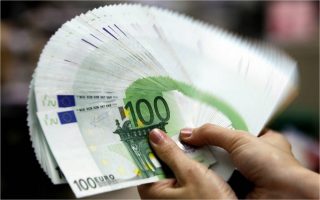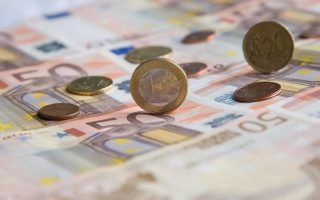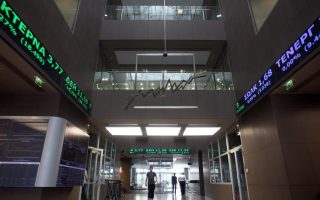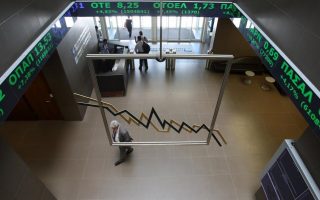Foreign investors distrust Greek bond rally to pre-Jan vote levels
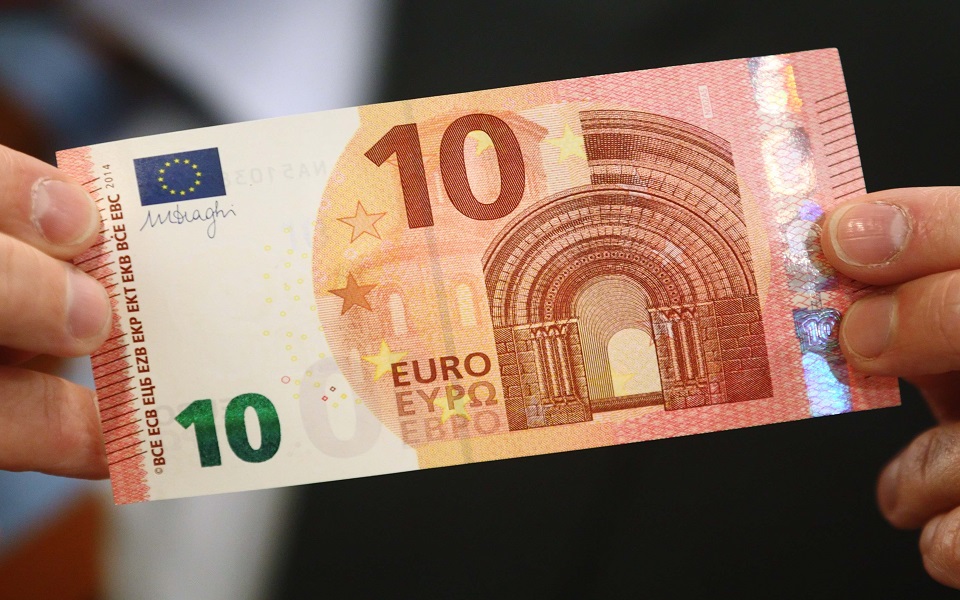
A fall in Greek bond yields to lows seen just before elections in January has raised expectations of a return to market normality following Athens's flirtation with a euro exit, but for some foreign investors distrust runs deep.
Most of the buying before a Sept. 20 snap election called by Prime Minister Alexis Tsipras, soon after he capitulated and accepted harsh reforms in exchange for a third bailout, has been by domestic investors as Grexit fears have ebbed.
Tsipras's SYRIZA party, voted in by austerity-weary Greeks in January after vowing to renegotiate the country's bailout, is running neck-and-neck with the New Democracy conservatives ahead of the latest poll.
In the run-up to the vote, Greek 10-year yields extended their fall over the past month to an eight-month low of 8.54 percent on Wednesday, reversing most of a surge triggered by SYRIZA's brinkmanship with European lenders that saw yields peak above 19 percent in July.
Some strategists said the prospect of a coalition or the return of a conservative New Democracy government could give further impetus to the bond market rally.
"Improved prospects for political stability warrant a positive outlook on the Greek government bond market, in our view," said Lefteris Farmakis, a strategist at Nomura.
International investors, however, remain wary of the political uncertainty and lingering risks of default.
Although two-year yields have also fallen sharply to 10.11 percent, the yield curve remains inverted in a classic market sign that investors fear they may not get all their money back.
The cost of insuring against a Greek default, which would normally move in line with bond market prices, has also risen sharply this week, albeit in thin volumes.
Those investors spooked into dumping the bonds by SYRIZA say they have no intention of returning yet. They have little faith that even a possible pro-bailout New Democracy-led coalition will have the support to push through harsh austerity measures demanded by Greece's lenders.
"I don't touch this kind of stuff," said Martin Wilhelm, founder of IfK, which runs a bond fund with Acatis. The fund owned Greek bonds as recently as last year.
"There's no trust any more. If I give someone money I need some trust and this trust hasn't been built for five years under the successive governments. We don't believe in the political story. We see no value in being long the credit."
Implementation risks
Signs that the economy is heading back into recession after growth hardly help.
"The bonds have rallied hugely once it was clear Greece wasn't going to exit but they have now reached a ceiling. They need more good news and I'm not sure the election is it," said Gabriel Sterne, head of global macro research at Oxford Economics.
Sterne, one of the most active analysts of the Greek bond market, said there was a risk SYRIZA could end up more forceful in opposition – since Tsipras ruled out a coalition with New Democracy – causing policy logjams for a new government.
"The implementation of reform measures is probably going to be weak whoever wins. They are already behind so in a way it's a matter of 'can they keep it from going off track sufficiently that the French don't jump into the German camp?' That seems to me the big issue going forward," he said.
[Reuters]
